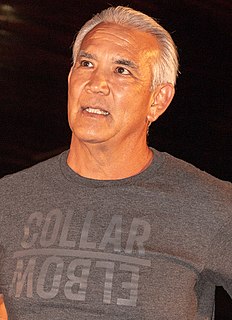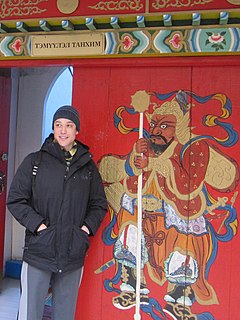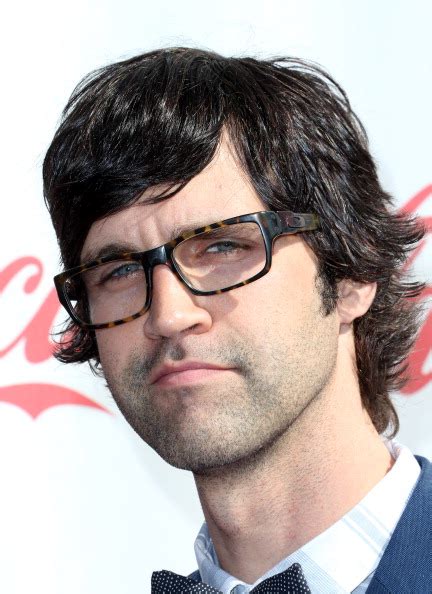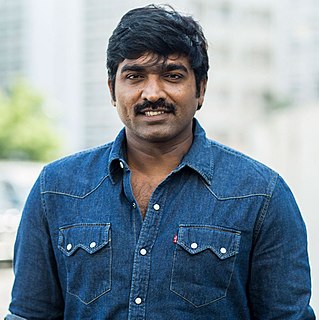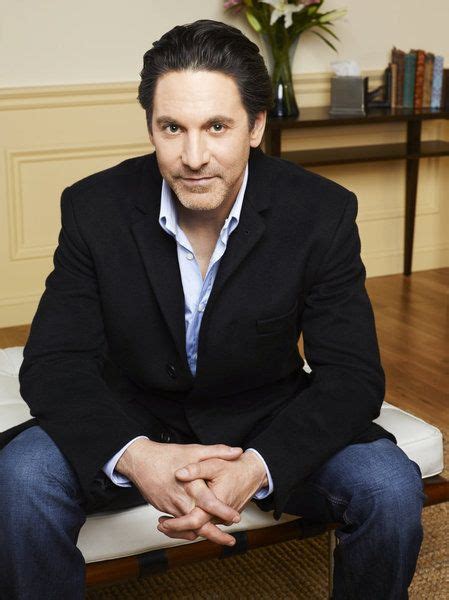A Quote by Paul Heyman
The audience wants something that entertains them, and whether that entertainment is in the form of a physical match or in the form of a skit or video or promo, it's our job to deliver it to them, to the point where the audience becomes the biggest champion of our brand. And if we can't match that, then we're falling short.
Related Quotes
Regarding pushing the form, ideas interest me more than form. I think you can write a very subversive play in a three-act structure. The content makes the play. I feel the form is simply dressing, because ultimately, you want to communicate to the audience, and sometimes the best way to do that is to present a provocative idea in a format that is comfortable for them to receive. Then the idea will come through directly, right in solar plexus. After all, I want to make a living as an artist, and that means speaking to the audience in a form they can understand.
I think with any challenge or any matchup, I can have my own personal feelings of what I want, but it really all depends on our audience. Our job is to give them the best entertainment that we feel is right. If it's something that they want to see, they'll be loud and vocal about it, and we'll do it.
I don't understand choreographers who say they don't care about the audience or that they would be happy to present their works non-publicly. I think dance is a form of communication and the goal is to dialogue with the audience. If an audience member tells me they cried or that the dance moved them to think about their own journey or a family member's, then the work is successful.
For a short period of time, I was like, I have these jokes and if people get them, they get them. And then eventually, I was like, Oh no. It's absolutely my job to convey to people why what I think is funny, is funny. The whole point of standup is to get the audience to understand your weird point of view.
When a population becomes distracted by trivia, when cultural life is redefined as a perpetual round of entertainments, when serious public conversation becomes a form of baby-talk, when, in short, a people become an audience, and their public business a vaudeville act, then a nation finds itself at risk; culture-death is a clear possibility.
The only way to resonate at a level that persuades is to know who you are addressing. If it's true that the Audience is the hero, you need to spend time thinking about them. Really getting to know them to the point it feels like they are a friend. May times we picture our audience as a large clump of strangers. Instead, you need to picture them as individuals standing in line to have a personal conversation with you. It's easy to persuade a friend, you need to think about your audience until you know them as a friend.
I think that when you do any kind of theatrical form, (you can't really do this in the theater) the task as an artist is to reach some form of catharsis yourself, and express something that allows an audience to have some form of catharsis. If there's no discovery in what you do, if there's no struggle in what you do to have that discovery, then, there's no meaning in what you do.




